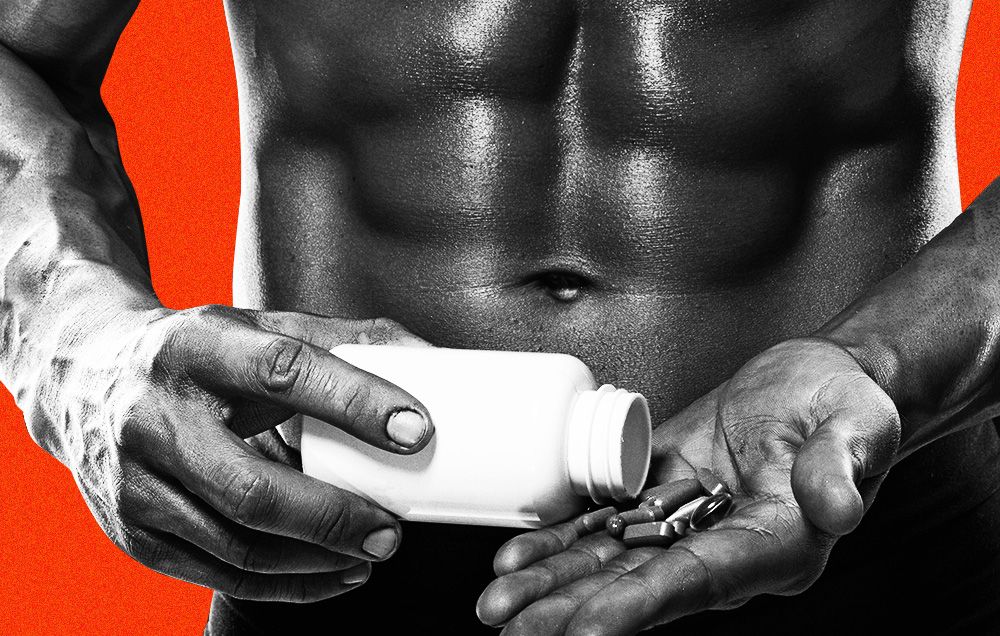Before you start using a pre workout supplement, make sure to consult your doctor. In addition, you should always drink plenty of water and get adequate sleep. There are many factors that can affect the benefits of these supplements, check out HealthEd Academy review. These include Caffeine, Creatine, Electrolytes, and Protein.
Caffeine
If you are considering buying a pre workout supplement, you should know that caffeine can have a variety of side effects. Some people are sensitive to caffeine, and therefore should avoid it or limit its intake. However, the caffeine content of pre workout supplements is not the same as the amount of caffeine in a regular cup of coffee. Instead, they contain a form of caffeine called anhydrous, which has a similar effect as coffee, but acts more quickly.

Caffeine has been shown to increase mental alertness and enhance your performance during workouts. It can also increase your reaction time, as well as speed up your metabolism. To reap the maximum benefit from caffeine, take it about one to two hours before your workout.
Creatine
Using creatine before and after a workout can increase the quality of your workout and increase your strength and lean body mass. You can also use it throughout the day to maintain your creatine stores. Creatine is an amino acid compound that occurs naturally in your muscles. However, there are several things to consider before using it.
First, it helps you recover faster between sets. This means you can lift heavier weights for longer periods of time and push harder before you get tired. Another benefit of taking a creatine pre workout supplement is that it can increase the levels of a growth hormone known as IGF-1, which plays an important role in the building of muscle. Creatine also helps to improve cellular hydration, which is essential for muscle growth.
Electrolytes
It is important to drink plenty of water during a workout, especially if you plan on doing intense exercises. Pre workout supplements with electrolytes are a good option for people who work out a lot and are worried about dehydration. However, it is important to remember that they take time to digest. So, it is best to consume them an hour or two before your workout. This will ensure that you get all the nutrition you need and keep your heart pumping properly.
While electrolyte supplements have been around for many years, there are still many questions surrounding them. Firstly, do they really improve athletic performance?
Protein
While the definition of pre workout supplement is unclear, it is generally considered a supplement that helps increase the body’s energy levels prior to exercise. These supplements usually contain carbohydrates, antioxidants, and B vitamins. They can help with performance, but they don’t contain protein. If you are concerned about protein in pre workout supplements, you can look for alternatives.
One study found that people who take pre workout supplements are moderately likely to experience increased strength and speed when compared to people who don’t take them. Another study showed that about three-quarters of Americans take dietary supplements. In 2016, the dietary supplement industry was worth $122 billion. According to Forbes, nearly every American adult took at least one supplement in 2016. While the concept of pre workout supplementation is relatively new to the nutritional supplement market, there is limited research about how protein supplements are used in high school sports.
Artificial sweeteners
Pre workout supplements are rife with artificial sweeteners, and you need to be careful which ones you choose. There are many risks associated with the use of these chemicals. Fortunately, there are alternatives that offer legitimate benefits. This article will discuss a few of them. Also, you’ll learn how to spot artificial sweeteners in pre workout supplements.
Artificial sweeteners are sugar substitutes that have gained a bad reputation. They’re not nearly as healthy as sugar, and they can lead to sickness or birth defects. They’re widely used as food additives, but they have side effects and are a poor choice for people who are diabetic or have an underlying health condition.



